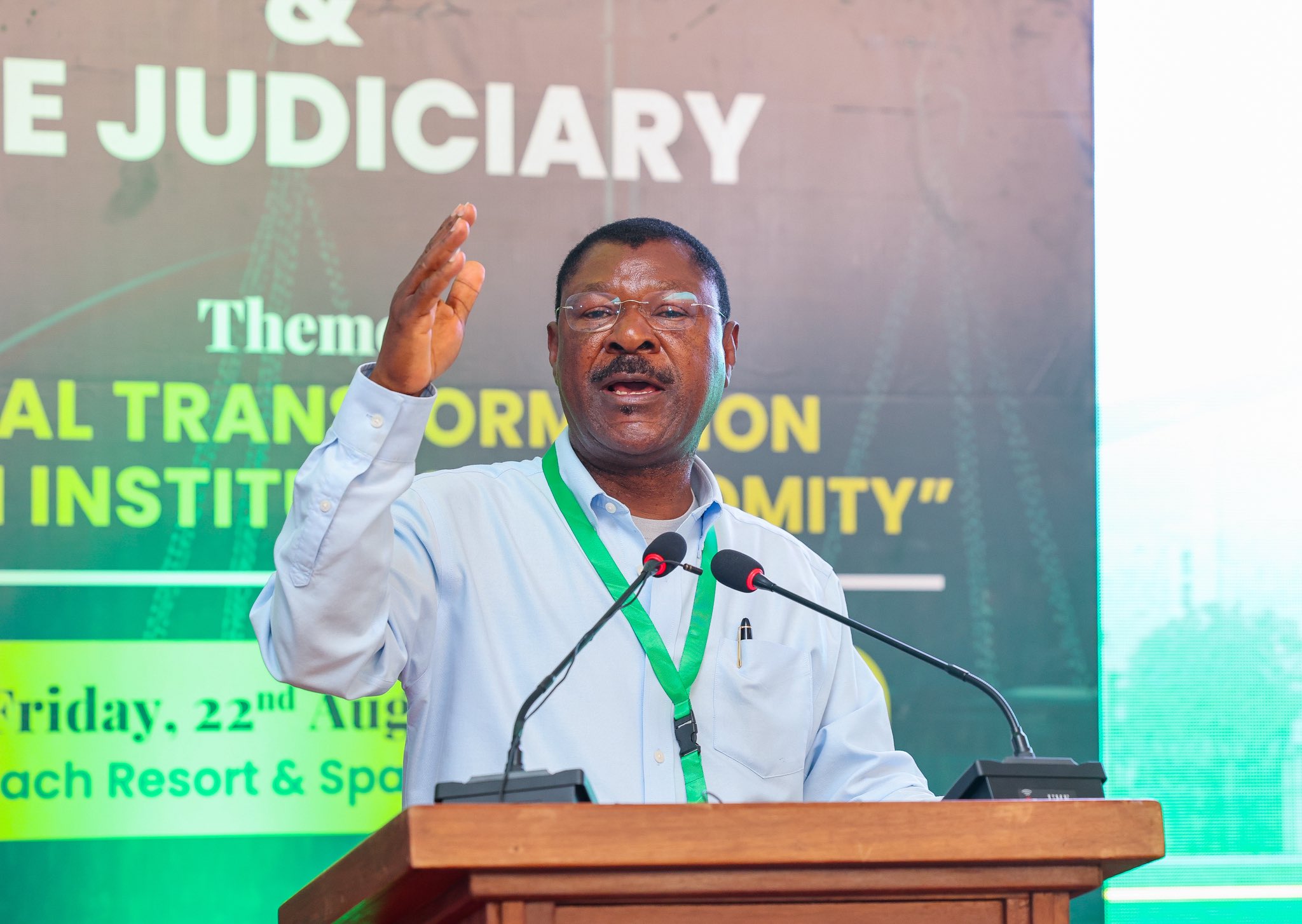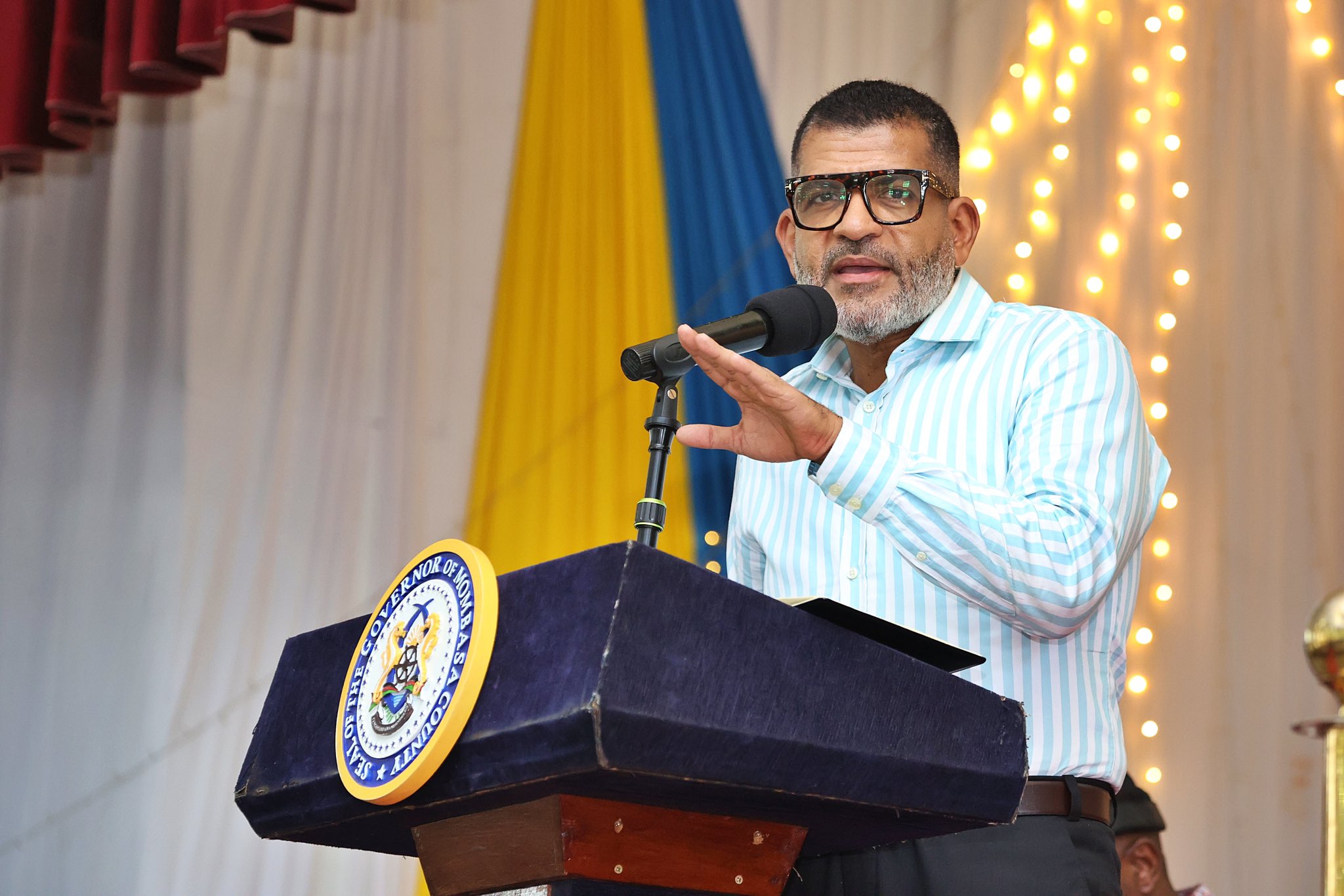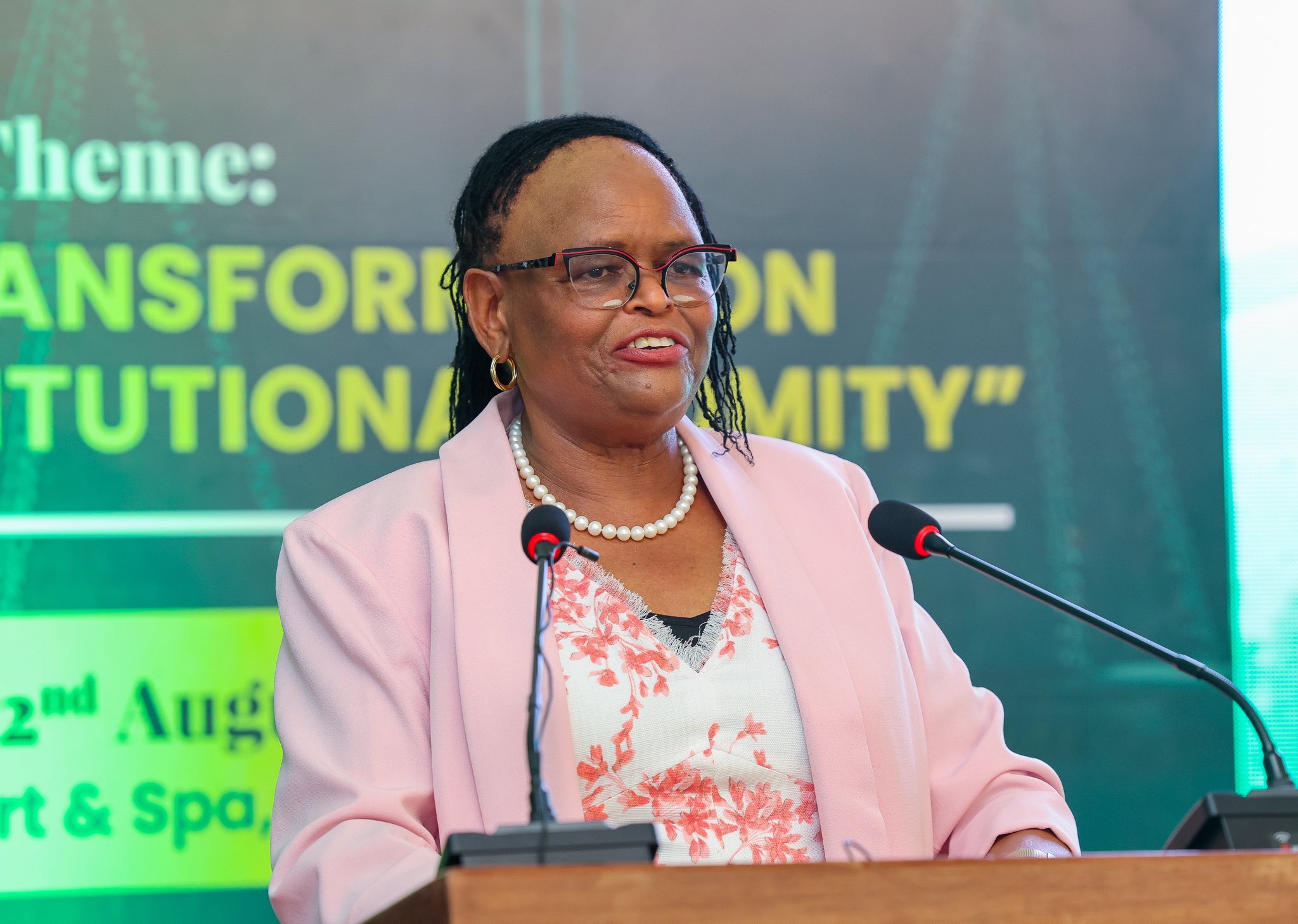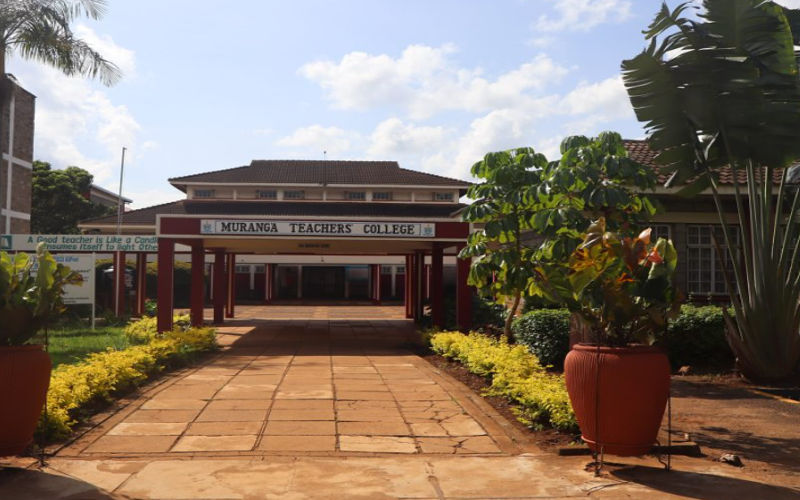Frequent court injunctions threaten to stall Parliament’s work, Wetang’ula warns

Wetang’ula urged the Judiciary to centralise all cases filed against Parliament in Nairobi, where the institution is based, arguing this would reduce costs and allow the legal team to respond more effectively.
Parliament has raised concerns over frequent conservatory orders issued against it by the courts, warning that the injunctions are stalling key legislative processes.
Speaking during the joint forum between the National Assembly leadership and the Judiciary on the second day of the third Leadership Retreat in Mombasa, National Assembly Speaker Moses Wetang’ula lamented that some cases drag on for up to six months, leaving committees and the House unable to proceed with their work.
More To Read
- CJ Martha Koome pushes back against criticism over parliamentary interference
- Court declines to hear nomination of Harold Kipchumba as Mbadi's replacement
- CJ Koome roots for AJS to resolve long running land disputes in Mombasa
- Deputy Speaker Gladys Shollei lauds committees as Parliament’s ‘engine room’
- Speaker Kingi dismisses Ruto's bribery claims, says no formal complaints filed against senators
- DCJ Philomena Mwilu cleared of misconduct in Gachagua impeachment case
“This is a matter that needs to be addressed by the Judiciary urgently,” said Wetang’ula.
The retreat, attended by Chief Justice Martha Koome and senior Judiciary officers, discussed collaboration between the two arms of government under the theme “Social Transformation through Institutional Comity.”
Wetang’ula also urged the Judiciary to centralise all cases filed against Parliament in Nairobi, where the institution is based, arguing this would reduce costs and allow the legal team to respond more effectively.
“Currently, our lawyers are forced to travel to upcountry courts, only to find magistrates on leave or transferred along with files,” he said.
On Judiciary funding, Wetang’ula assured Koome that Parliament would support enhancements to its budget. He acknowledged that the Judiciary’s requests were justified, particularly given its ambitious programme to expand access to justice.
Koome revealed that the Judiciary plans to establish magistrate courts in all 290 constituencies, but currently has only 143. She said underfunding by the National Treasury had slowed the rollout and appealed to the National Assembly to intervene.
“The Judiciary requires enhanced allocations for infrastructure development. This will ensure equitable access to justice across the country,” she said.
Koome emphasised that cooperation between Parliament and the Judiciary does not compromise institutional independence. Instead, she said structured dialogue would prevent adversarial relations that often paralyse governance.
“This conversation is long overdue. Had we convened earlier, some misunderstandings and instances of working at cross purposes might have been avoided,” she said.
She added that the principle of separation of powers secures checks and balances, but must be exercised in a spirit of constructive engagement.
“Institutional comity does not erode independence. There is a difference between institutional independence and decisional independence. While institutions may engage, decisional independence remains sacrosanct,” she said.
National Assembly Clerk Samuel Njoroge also called for enhanced knowledge sharing between Parliament and the Judiciary through their respective training institutions, the Centre for Parliamentary Studies and Training and the Kenya Judiciary Academy.
“Collaboration between our institutions of learning will strengthen capacity-building and reinforce professional growth for our officers,” he said.
The retreat, themed “Social Transformation through Institutional Comity,” sought to build consensus on shared priorities, fiscal planning for the 2025/26 financial year, and improved cooperation between Parliament and the Judiciary.
Top Stories Today













































